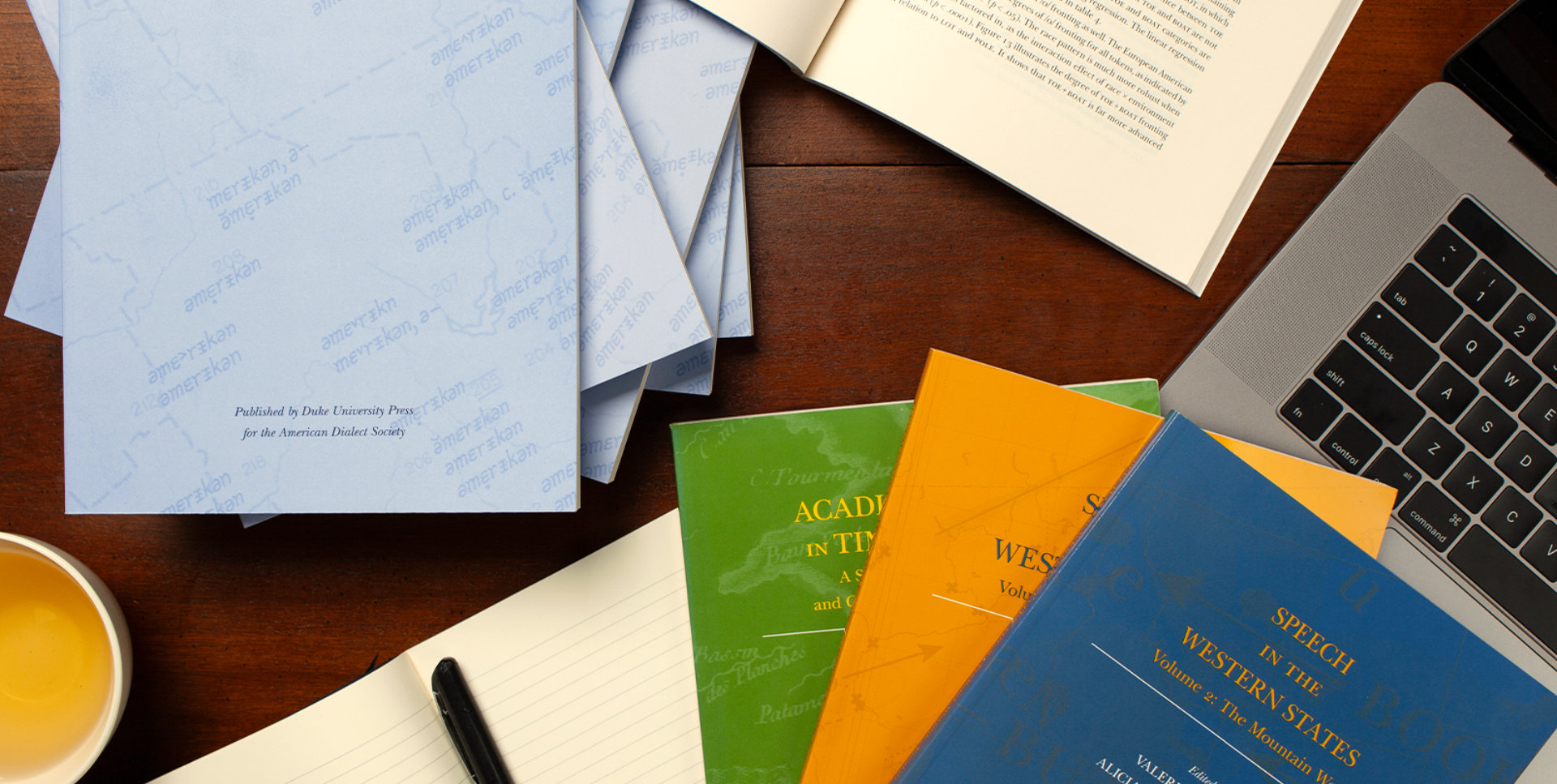Hyatt Regency Denver at Colorado Convention Center–Jan. 6—The American Dialect Society, in its 33rd annual words-of-the-year vote, selected the suffix “-ussy” as the Word of the Year for 2022. More than two hundred attendees took part in the deliberations and voting, joining both in person and virtually, in a hybrid event hosted in conjunction with the Linguistic Society of America’s annual meeting.
Presiding at the Jan. 6 voting session was Ben Zimmer, chair of the ADS New Words Committee and language columnist for the Wall Street Journal.
“The selection of the suffix -ussy highlights how creativity in new word formation has been embraced online in venues like TikTok,” Zimmer said. “The playful suffix builds off the word pussy to generate new slang terms. The process has been so productive lately on social media sites and elsewhere that it has been dubbed
-ussification.”
For more on the -ussy phenomenon, see the Vulture article by Bethy Squires, “We Asked Linguists Why People Are Adding -Ussy to Every Word”: “Riffing off ‘bussy’ (a portmanteau of ‘boy’ and ‘pussy’), now everything is a cat or a cavity. A calzone is a pizzussy. A wine bottle has a winussy.” See also Michael Dow’s scholarly paper, “A corpus study of phonological factors in novel English blends.”
Word of the Year is interpreted in its broader sense as “vocabulary item”—not just words but also phrases, compounds, and affixes. The items do not have to be brand-new, but they have to be newly prominent or notable in the past year. This is not the first time an affix has been named Word of the Year: in 1998, the prefix e- (as in email) was selected.
The vote is the longest-running such vote anywhere, the only one not tied to commercial interests, and the word-of-the-year event up to which all others lead. It is fully informed by the members’ expertise in the study of words, but it is far from a solemn occasion.
Members in the 133-year-old organization include linguists, lexicographers, etymologists, grammarians, historians, researchers, writers, editors, students, and independent scholars. In conducting the vote, they act in fun and do not pretend to be officially inducting words into the English language. Instead, they are highlighting that language change is normal, ongoing, and entertaining.
Read the full press release, including all winners, candidates, and vote tallies for all candidates.

